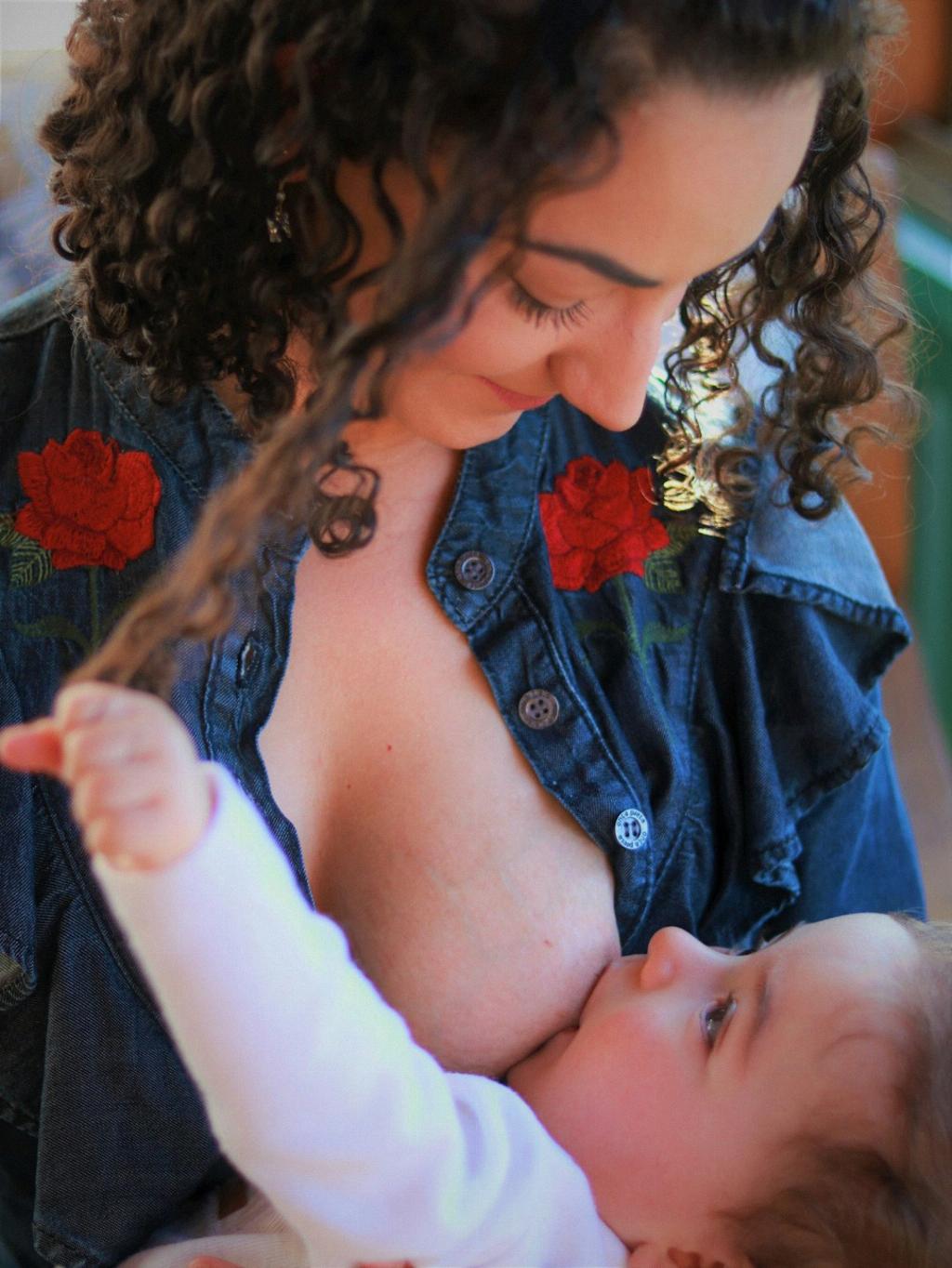When it comes to the question of whether a mother can pass Salmonella through breast milk, it’s essential to delve into the intricacies of this bacterial infection and its potential transmission routes.
Salmonella Infection in Breast Milk
Salmonella is a type of bacteria that can cause food poisoning and various gastrointestinal symptoms in infected individuals. While Salmonella can be present in breast milk, the likelihood of transmission to a nursing infant is considered relatively low in most cases.
Risk Factors and Precautions
Factors such as the severity of the mother’s infection, proper hygiene practices during breastfeeding, and the overall health of the infant can influence the risk of transmission. In general, maintaining good hand hygiene and following guidelines for safe breastfeeding practices can help reduce the risk.
Impact on Breastfeeding
In many situations, breastfeeding can continue even if the mother has a Salmonella infection. The benefits of breastfeeding, including immune protection for the infant, often outweigh the potential risks of transmission.
Consulting Healthcare Providers
It is crucial for mothers who have Salmonella infections or concerns about transmission to consult with healthcare providers for personalized guidance. Healthcare professionals can provide tailored recommendations based on individual circumstances.
Monitoring Symptoms
Monitoring both the mother and the infant for symptoms of Salmonella infection is important. Symptoms in either individual, such as diarrhea, fever, and abdominal cramps, should be promptly addressed with medical attention.
Preventive Measures
Practicing proper food safety, maintaining good personal hygiene, and following recommendations for breastfeeding hygiene can all contribute to reducing the risk of Salmonella transmission through breast milk.
Bacterial Contamination
While Salmonella can potentially contaminate breast milk, the actual likelihood of transmission and subsequent illness in infants is relatively low. Understanding the nature of the infection and taking appropriate precautions are key.
Importance of Nutrition
Ensuring that both the mother and the infant receive adequate nutrition during and after a Salmonella infection is important for recovery and overall well-being. Nutrient-rich diets can support the immune system and facilitate healing.
Follow-up Care
Following up with healthcare providers for post-infection care and monitoring is crucial for both the mother and the infant. Any lingering symptoms or concerns should be addressed promptly to prevent complications.
Conclusion
In conclusion, while it is possible for a mother to pass Salmonella through breast milk in some cases, the risk is generally low with appropriate precautions. Consulting healthcare providers, practicing good hygiene, and monitoring symptoms are vital steps in ensuring the well-being of both the mother and the nursing infant.

